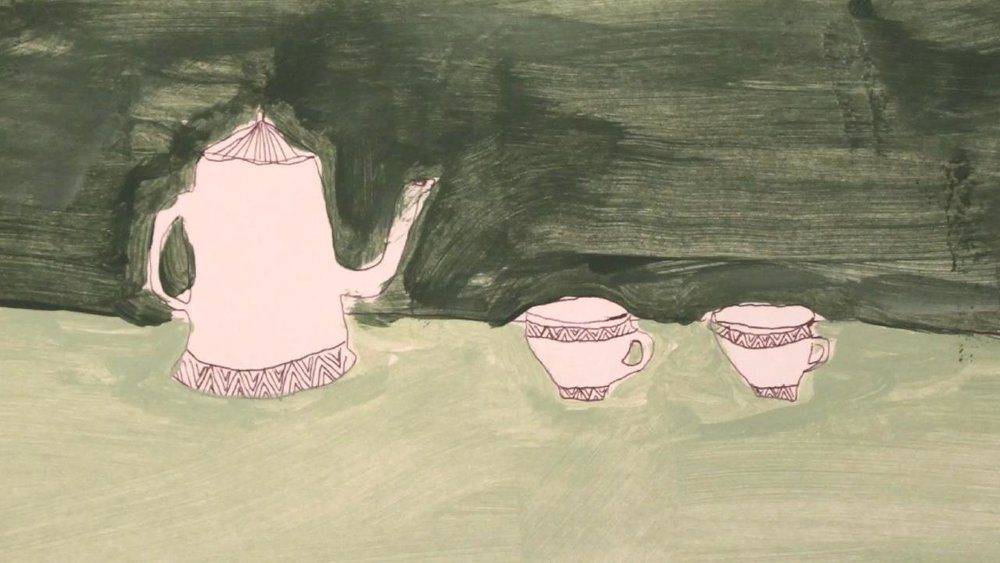Why American Sanctions On Iran Are Crashing Kenya’s Tea Party

It’s not uncommon for an African economy to suffer some of the consequences of a trade or legal standoff happening outside the continent. But, sometimes, it can be strange. Take the Jack Ma situation, for a slight example.
The United States has been showering Iran with sanctions in the last few years. In fact, the unsettling relationship between these 2 countries almost exploded into what heavily trended worldwide as a potential harbinger of World War III.
Though it’s mostly America doing the helicopter work, Kenya—East Africa’s most developed economy—sees its tea party crashed because Iran can’t catch a break. Well, the Persian country used to buy up to 20 percent of Kenya’s total annual coffee production.
But now that Iran is always being sanctioned by the United States, some of the adverse economic effects of bans, tariff wars and diplomatic duels between both countries ended up with Iran buying only 10 percent of Kenyan coffee in the last few years.
The economic ripple effects hurt Kenya so much because tea is one of the country’s top three foreign exchange earners. The cash crop contributes 4 percent to the country’s Gross Domestic Product (GDP). No wonder why it’s exporting value for the commodity resulted in about 118 billion Kenyan Shillings (over USD 1 Bn at current exchange rates) in 2019.
The Iranian Ambassador to Kenya, Jafar Barmaki, says: “Unfortunately, due to sanctions put in place by the US and not the UN, Kenyan products have limitations to get to the Iranian market and vice versa”.
According to stats from the Tea Directorate, for the year which ended September 2020, total tea exports—not just Kenyan but other countries like Sri Lanka and India—fell 55 percent compared to the similar time frame the year before. As a result of the Trump-enabled sanctions on the Middle Eastern nation, the exchange of money became difficult.
Banks— in Kenya—grow terrified of handling money that comes from Iran because they do not want to get into America’s bad book. The scare situation makes it hard for Kenyan businesses to completely process their payments when they export. Either they are exporting at a loss or finding it hard to export in the first place. Or both.
Kenyan tea buyers in Iran face a mirrored challenge. The long string of sanctions has made it hard for their businesses to operate as usual often in fear of unnecessarily losing investments or popping up on America’s rather sensitive sanction radar. Also, it seems banks in Iran and Kenya are now shy of one other.
“When a Kenyan businessman imports tea to Iran, how can he get back the money when there are no banking relations between the two countries due to the sanctions by the US? This is the issue that has reduced exports of Kenyan tea to the Iranian market,” Jafar Barmaki said.
While Kenya’s export earnings go downtown, the trade imbalance between isn’t much of a concern for Iran because it is in the middle of a reform that will make its economy but dependent on knowledge than it is based on oil.
Kenya and Iran’s relations are however not based on tea only. Both countries also join forces in the ICT and knowledge sectors. Meanwhile Kenya is in the middle of its first recession in 20 years, thanks to the coronavirus pandemic.
Image courtesy: squarespace